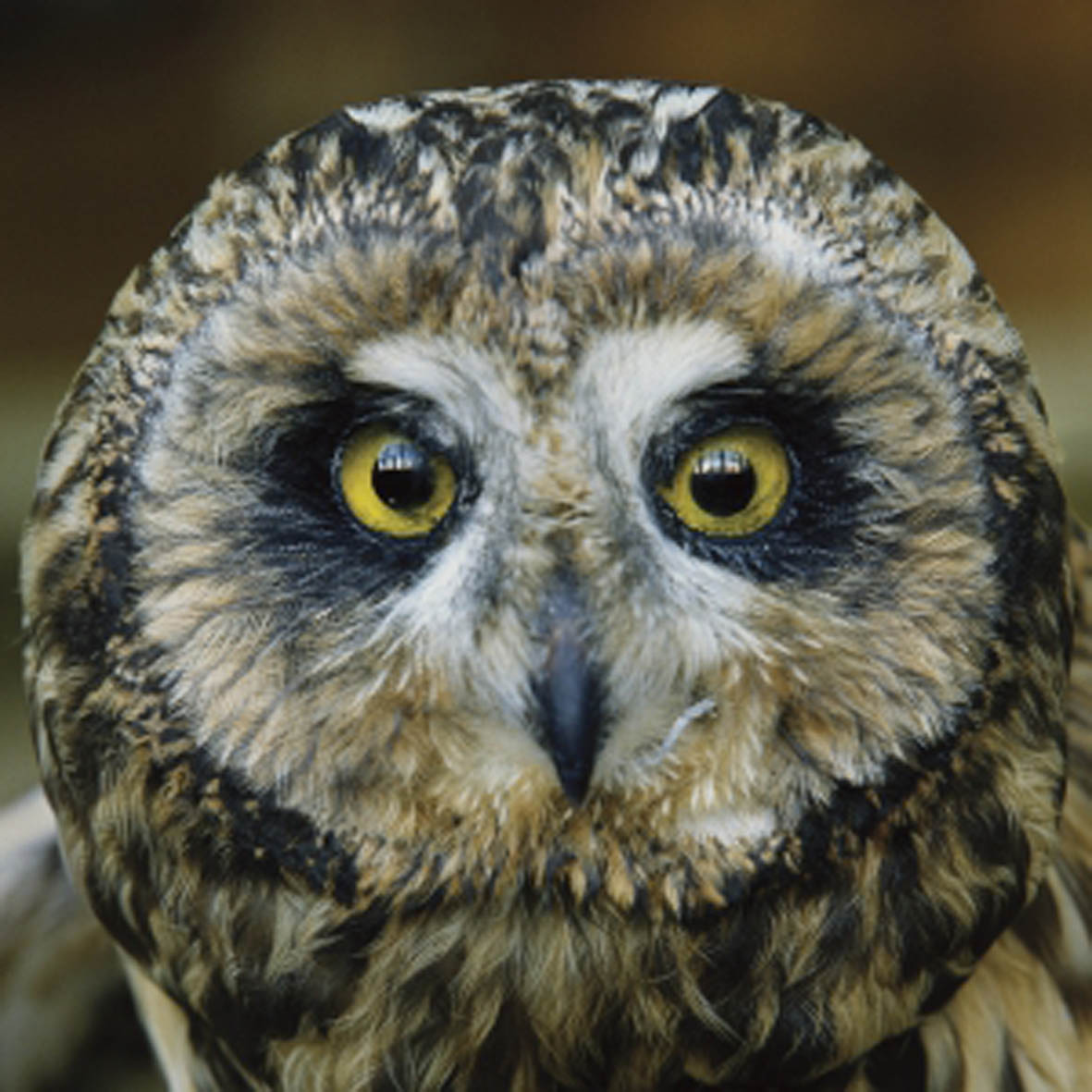 This is the solo debut from Burch, who is probably best known for being the man behind The Spring Press label. Using a palette of consisting primarily of acoustic guitars and modular synths, Jeff offers up two very different long-form pieces.  While the lazily drifting ambience of "The Nine Points" definitely misses the mark for me, the jangling, mesmerizing psychedelia of the closing "La Perouse" is intermittently spectacular.
This is the solo debut from Burch, who is probably best known for being the man behind The Spring Press label. Using a palette of consisting primarily of acoustic guitars and modular synths, Jeff offers up two very different long-form pieces.  While the lazily drifting ambience of "The Nine Points" definitely misses the mark for me, the jangling, mesmerizing psychedelia of the closing "La Perouse" is intermittently spectacular.
For all its faults, "The Nine Points" is initially quite a fine piece, as it opens with a single repeating acoustic guitar strum beneath a languorous and melancholy saxophone melody courtesy of guest Marcus Whale.  While I cannot say that I am a big fan of subdued, melodic saxophone playing in general, it works well within its context, as Burch gradually doubles the acoustic guitar with a distorted electric one and some massing swells of feedback begin to hang in the periphery.  It makes for excellent headphone listening once it all coheres and the endlessly repeating strum keeps a pleasantly hypnotic pulse.  If the piece had continued to blossom in that vein, I suspect I would have liked it a lot.  Unfortunately, the strum fades out around the 8-minute mark and "The Nine Points" segues into 10 minutes of gently drifting serenity that sounds like a handful of uninspired improvisations stitched together into an unnecessarily long, meandering multi-part epic.
In contrast, "La Perouse" is instantly distinctive, focused, and propulsive, as Jeff weaves a loopy, off-kilter groove from a simple insistently repeating motif, a couple of chords, and some toms and tambourine from guest percussionist Stephen James.  Gradually, the charmingly stumbling rhythm gains momentum and Burch, James, and Psychic Ills' guitarist Tres Warren do their best to keep it in a deliciously unpredictable state of flux, offering up vibrant eruptions of guitar snarl and cymbal flourishes.  Curiously, however, it all gets sucked into a black hole of metallic grinding and howling feedback around the half-way mark and re-starts as fairly static soundscape of chirping and whining modular synthesizers.  While I actually like both the chirping and the accompanying cymbal shimmer just fine, the transition stops the song’s momentum dead and maddeningly dilutes an otherwise flawless, wonderful, and hypnotic piece.
While I am sure that Jeff constructed the album the way he did for a reason, his questionable compositional choices undermine the album in an exasperatingly fundamental way for me.  As a result, this effort far more promising than it is successful: there are certainly some excellent and striking ideas executed beautifully, but they tend to be blunted by too-long songs and over-ambitious structures.  On the bright side, this album can at least boast a 7 ½ minute stretch of near-perfection, which is something that few other releases this year are likely to deliver.  It also boasts some very cool cover art from Roni Horn.  You cannot lose with owls.
 
Read More

